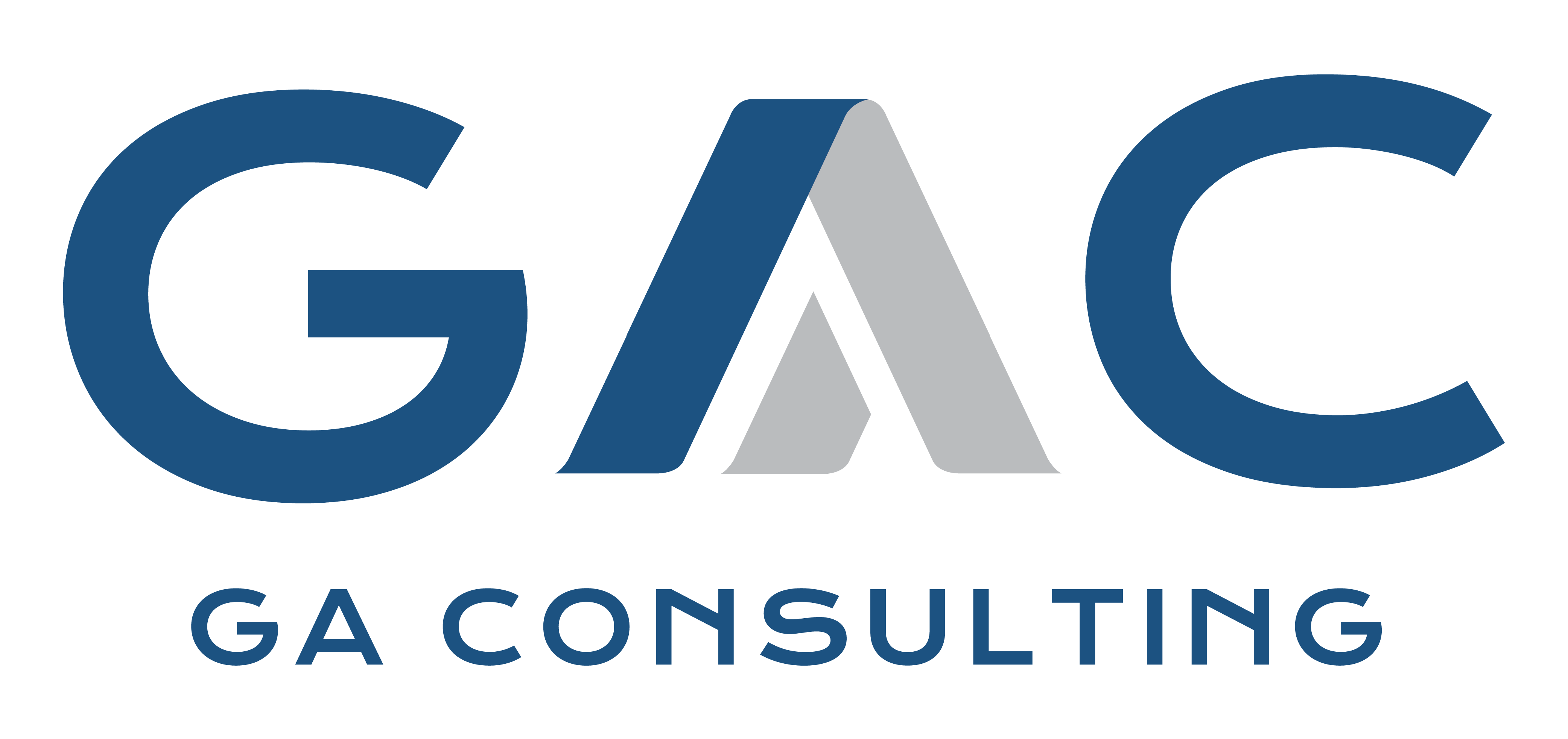As a freelancer, one of your most important responsibilities is maintaining proper records for audits. Keeping accurate records ensures you are compliant with tax laws and prepared for any audits by the Bureau of Internal Revenue (BIR). Whether you’re new to freelancing or have been working independently for years, understanding how to organize your financial documents can save you time, stress, and money.
What Does Proper Record-Keeping for Audits Mean?
Proper record-keeping for audits involves maintaining clear and organized documentation of all your business-related income, expenses, and financial transactions. This includes invoices, receipts, contracts, and any documents that support the income and deductions you report to the BIR.
Having these records in order makes it easier for you to prove your earnings and expenses during an audit, reducing the chances of penalties, fines, or legal issues.
Why Proper Record-Keeping is Crucial for Freelancers
Proper record-keeping serves many important purposes for freelancers:
- Tax Compliance & Financial Clarity
Accurate records ensure you’re filing correct taxes and claiming eligible deductions, such as office supplies or business-related travel. They also provide a clear view of your financial health, helping you track your income and manage your expenses better. - Prepare for Audits & Avoid Penalties
Freelancers may face BIR audits if their finances raise red flags. Well-organized records help provide evidence of income and expenses, avoiding penalties and stress. - Better Tax Deductions
By keeping track of all your expenses, you ensure you don’t miss out on valuable tax deductions. Proper records or documentation helps you claim eligible expenses, reducing your tax liability. - Long-Term Business Growth
Organized proper records give you insights into your income patterns and business trends, helping you make informed decisions. Keeping up with your records leads to smarter financial planning, which supports sustainable business growth.
How Freelancers Can Maintain Proper Records for Audits
- Separate Personal and Business Expenses
One of the most important tips for freelancers is to separate personal and business expenses. Open a separate bank account for your business transactions to make it easier to track your income and expenses. This will also simplify your tax filings, ensuring that personal expenses do not mix with business-related ones. - Keep All Invoices and Receipts
Always keep copies of invoices and receipts for your services, whether it’s a long-term project or one-time job. They serve as proof of income and help track earnings. Also, keep receipts for business expenses like supplies, travel, and subscriptions for tax deductions. - Organize Your Records by Category
Create a simple system to organize your records. Categorize your income and expenses based on the type of work you do (e.g., freelance design, writing, consulting). You can use digital tools like accounting software to automate this process, or you can do it manually. Consistently categorize your records by type to make it easier to review them when needed. - Use Accounting Software or Tools
Invest in accounting software or a simple spreadsheet to track your income, expenses, and taxes. This can help you generate reports quickly and ensure you’re staying on top of your finances. Some popular tools for freelancers include QuickBooks, Wave, and Xero, but even Google Sheets can be effective if you prefer to keep things simple. - Store Your Records Securely
Whether you store your records digitally or on paper, make sure they’re secure. For digital records, back up your files to the cloud to prevent loss. For paper records, consider using a filing system or safe place to store documents. Make sure all important records, such as contracts, payment records, and tax documents, are easily accessible if needed. - Maintain a Tax Journal
A tax journal helps track your income, deductions, and payments throughout the year. By keeping track of your monthly or quarterly earnings and expenses, you’ll have a clearer picture of your financial situation, which can help you when it’s time to file taxes or in case of an audit. - Update Your Records Regularly
Don’t wait until tax season to organize your records. Make it a habit to update your records on a regular basis, such as weekly or monthly. This will save you time and stress later when you need to file your taxes or prepare for an audit.
Stay Ahead with Proper Record-Keeping
Maintaining proper records is a powerful way to protect your freelance business and keep everything running smoothly. By staying organized and keeping track of your income and expenses, you’re not just preparing for an audit – you’re building a strong foundation for long-term success. With the right systems in place, you’ll have peace of mind, avoid costly mistakes, and ensure that you’re always in control of your financial future.

Take Control of Your Freelance Business
Follow us on socials ( TikTok, YouTube, Facebook, and Instagram) and explore our blogs for more tips on managing your freelance business. Stay organized and be ready for any challenge that comes your way!

